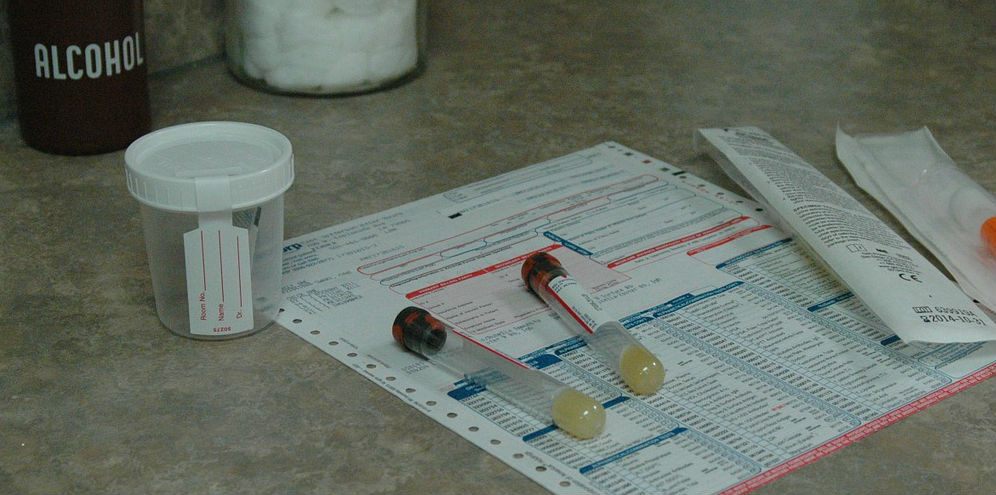
If you want to become a truck driver, you may wonder, “Should I pass a drug test?” Yes, all prospective drivers must pass a Department of Transportation (DOT) pre-employment drug test before operating a commercial motor vehicle (CMV).
Passing a drug test is a nervous experience, even you are confident about the result. Here you can learn more about the truck driving drug test process.
Before a truck driver can get behind the wheel of a CMV, they have to pass a pre-employment drug test offered by an employer or their truck driving school. This rule applies for getting a commercial driver’s license (CDL) or a learner’s permit. The Federal Motor Carrier Safety Administration has administered DOT rules for any driver with CDL.
Truck Driving Schools’ Drug Test Requirements
According to the Federal Motor Carrier Safety Administration, trucking employers are legally mandated to test drivers before allowing them to operate a commercial vehicle (2016). So after getting your CDL, you will be required to pass a drug test no matter which company you are going to work for. Employers must administer a specific amount of random drug tests each year, total to 10% or more of the average number of driver positions in the company (FMCSA, 2016).
DOT-approved drug tests check for traces of such types of drugs:
- Cocaine.
- Marijuana.
- Amphetamines and methamphetamines.
- Opiates, including opium and codeine.
- Phencyclidine, also known as PCP.
Some employers may check for the use of other drugs.
Drug Testing After an Accident
After an accident, CMV drivers are also subject to testing. But the drug testing requirements are a bit different. FMCSA only requires testing truck drivers in specific circumstances, but any driver, involved in an accident, can be tested by many trucking companies for insurance purposes.
Urine And Hair Drug Tests
In the past, urine testing was accepted protocol at all trucking companies. Today the DOT requires urine-collection tests prior to employment as a driver of a CMV. At an authorized collection site, you are required to verify your identity with a valid photo ID and provide a urine sample into a collection container. Employers can use this test for their own prerequisite for work but this test can’t be used for federal requirements.
Hair test is considered to be more reliable than urine test, because many types of illegal substances remain in hair follicles longer than they remain in the body.
But If I won’t Pass My Truck Driving School’s Drug Test, What happens?
But what happens when a driver doesn’t pass a drug test, either before or during employment? This truck driver is required to immediately stop driving CMVs and must take the DOT’s return-to-duty process. The process includes frequent testing and monitoring by a substance abuse professional.
Return-to-duty testing is required of those who refuses to take a DOT-mandated drug test or who test positive for drug or alcohol use. This process takes twelve months.
Although drug testing may be inconvenient but it helps to make the roads safer for everyone, and keep unsafe drivers off the road.
It’s important to know information when and how driving companies give drug tests so that you’re ready to go as soon as you get a CDL.